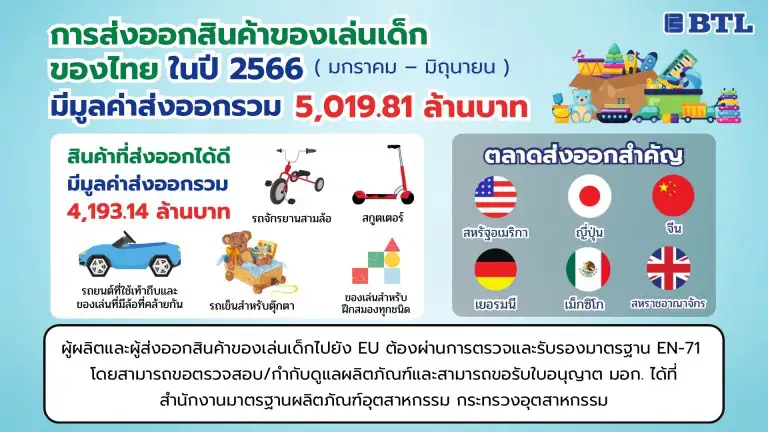Exporting Children's Toys to the EU Requires a Digital Product Passport
September, 27 2023

The European Commission has proposed an update to Directive 2009/48/EC on toy safety regulations to modernize standards and align them with global safety requirements and advanced production technologies.
The update includes improving the chemical database, strengthening risk assessment systems for harmful substances, and tightening chemical safety limits for toys across all age groups.
The goal is to ensure that toys sold within the EU are the safest in the world, eliminating harmful chemicals that could affect endocrine, respiratory, immune, and nervous systems, or pose toxicity risks to organs.
All toys will be required to have a Digital Product Passport, providing key product information from manufacturing, sales, and usage, including:
- Prohibited chemicals under the new regulations
- Age suitability
- Recycling and repairability
- Product degradation and expiration
The law is proposed to be uniformly enforced across all EU member states to maintain a single standard.
Current Regulations for Toy Exports to the EU
Manufacturers and exporters of toys to the EU must comply with strict toy safety regulations, including:
- Safe design and production standards
- Clear and understandable warning labels
- CE Mark certification under EU safety standards
- Technical documentation of chemical content
- Recordkeeping of buyers and recipients for at least 10 years
Toys must not contain prohibited substances, such as carcinogens, mutagens, reproductive toxins, allergens, and must pass safety evaluations under EN-71 (European Norm – Safety of Toys).
Thailand’s Toy Industry Standards and Export Performance
According to Mr. Ronarong, in Thailand, toy manufacturing and sales must comply with industrial product standards under the supervision of the Thai Industrial Standards Institute (TISI), Ministry of Industry.
Thailand adheres to ISO 8124-1:2018, ensuring that its high-quality toy exports are well-recognized in global markets.
Toys are considered a high-potential export product, with strong growth prospects. In 2022, Thailand exported toys (customs codes 9503, 9504, 9505) worth 11.71 billion THB, a 20.67% increase from 2021.
For 2023 (January–June), exports totaled 5.02 billion THB. The highest export value was for:
- Tricycles, scooters, pedal-powered cars, wheeled toys, and doll strollers (Customs code 9503), with exports worth 4.19 billion THB in the first half of 2023.
Thailand’s key export markets include:
- United States
- Japan
- China
- Germany
- Mexico
- United Kingdom
Compliance Requirements for Thai Toy Exporters
Toy manufacturers exporting to the EU must pass EN-71 safety certification. They can apply for testing and obtain the TISI certification from the Thai Industrial Standards Institute (TISI), Ministry of Industry.
The Department of Foreign Trade (DFT) will continue to monitor regulatory updates and disseminate information to ensure Thai manufacturers comply with international toy safety standards and remain competitive in export markets.